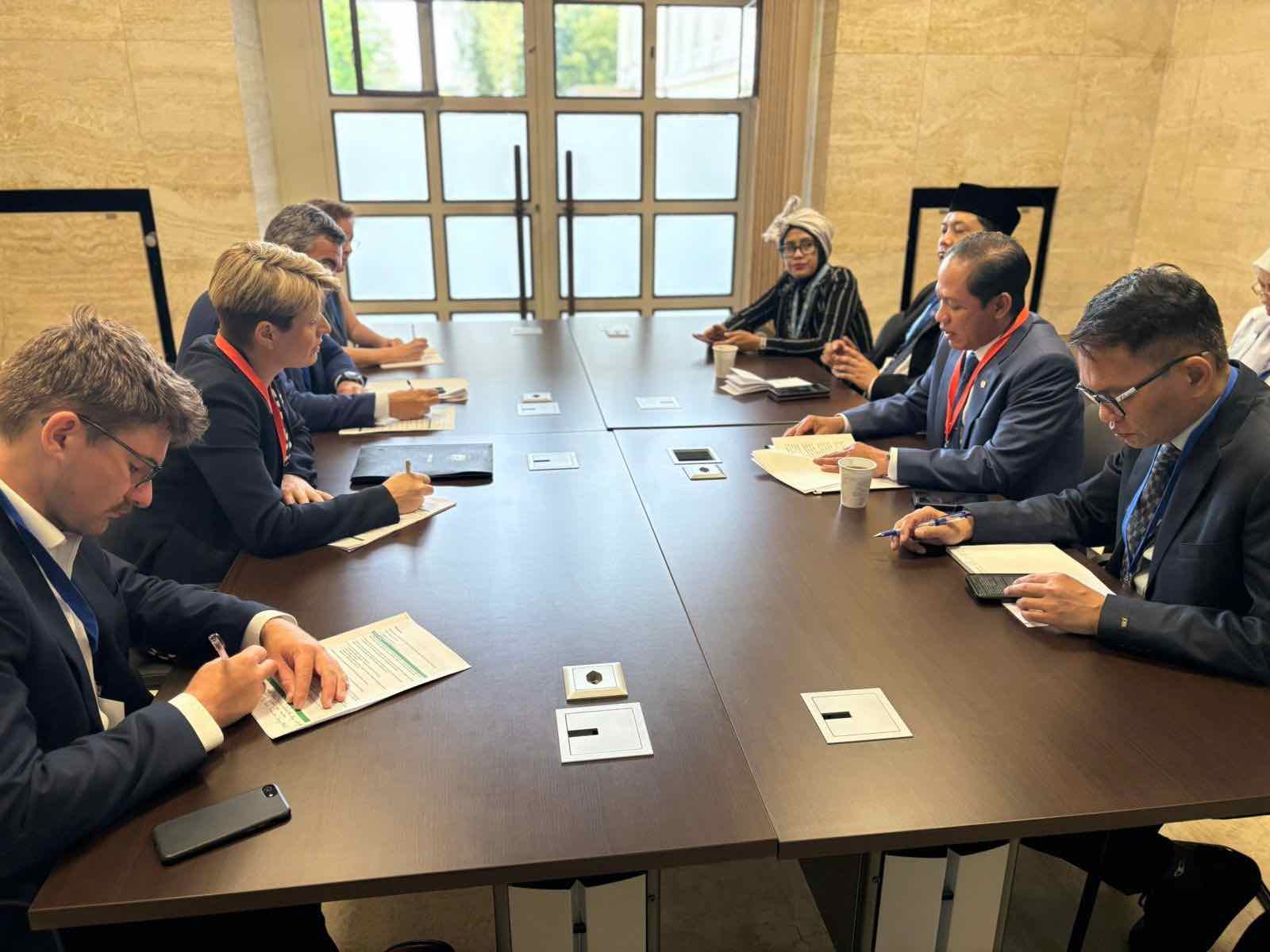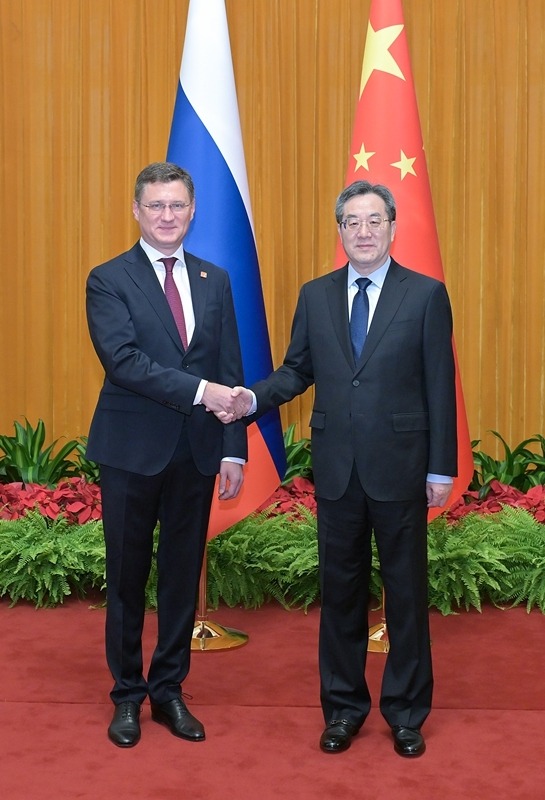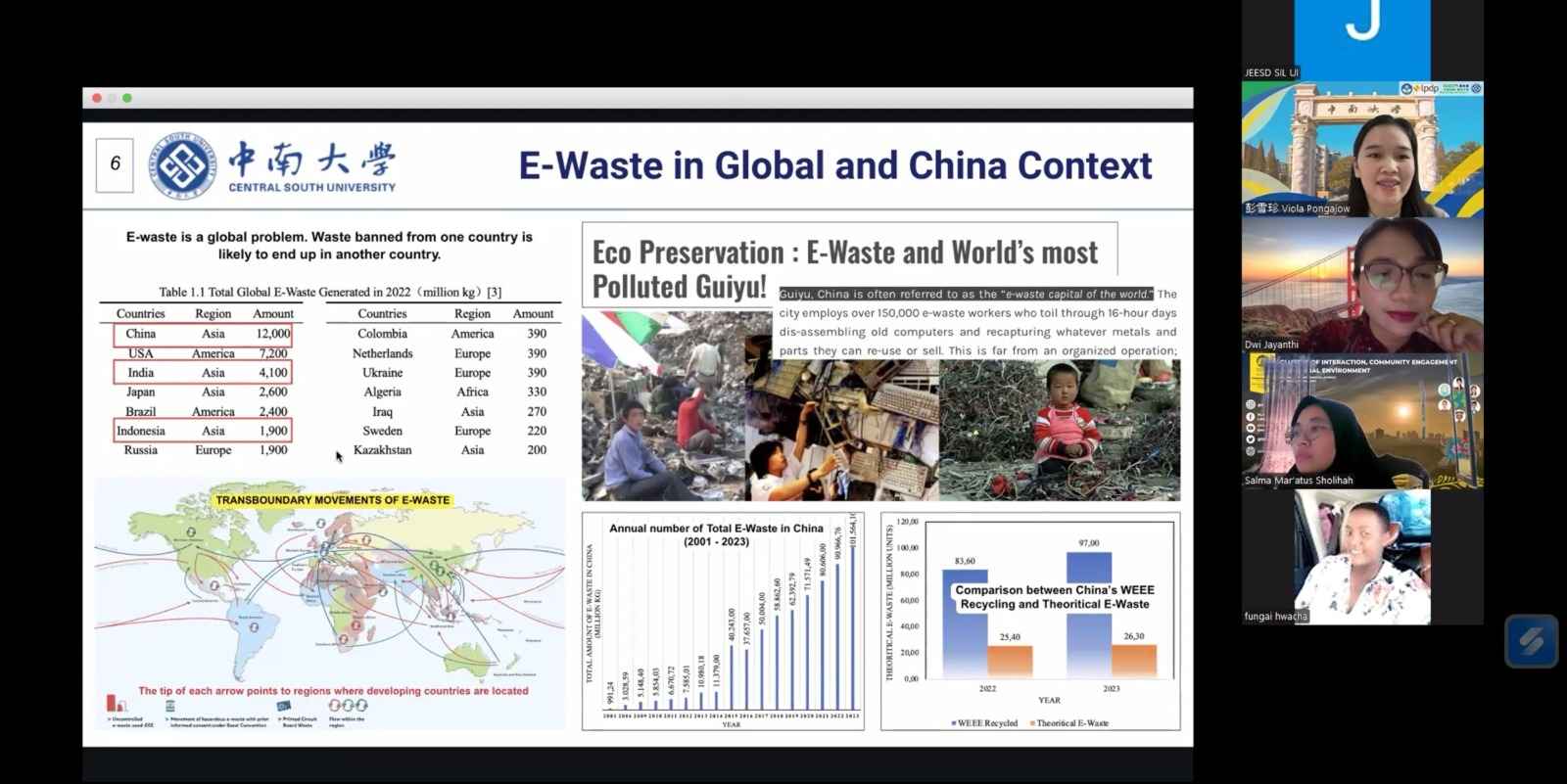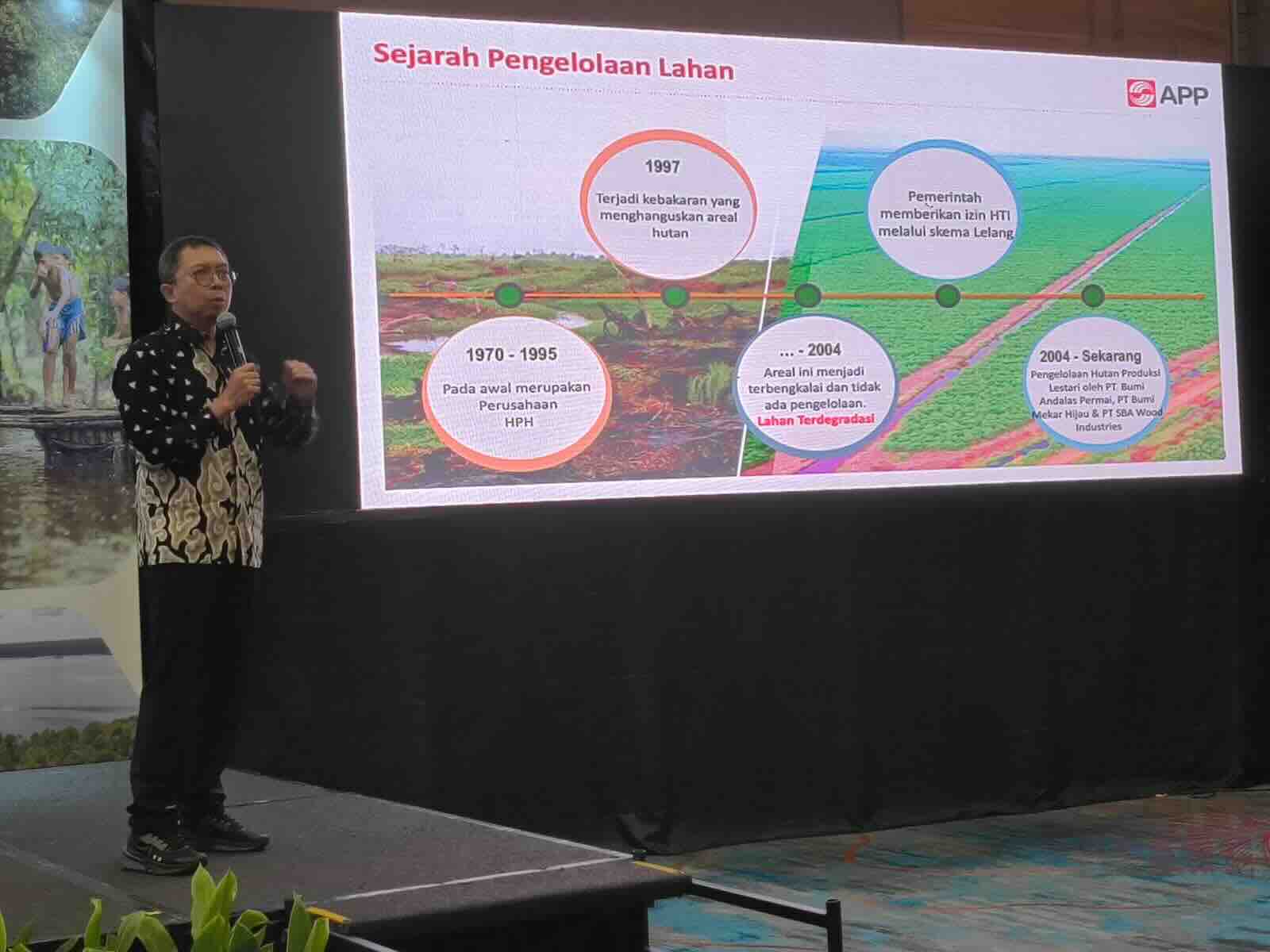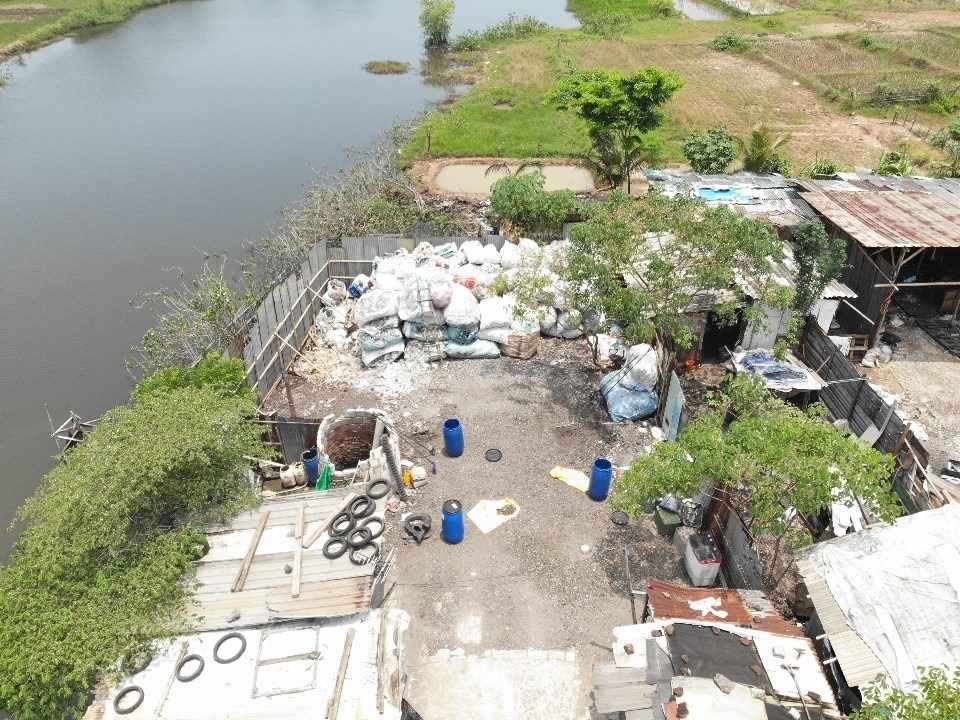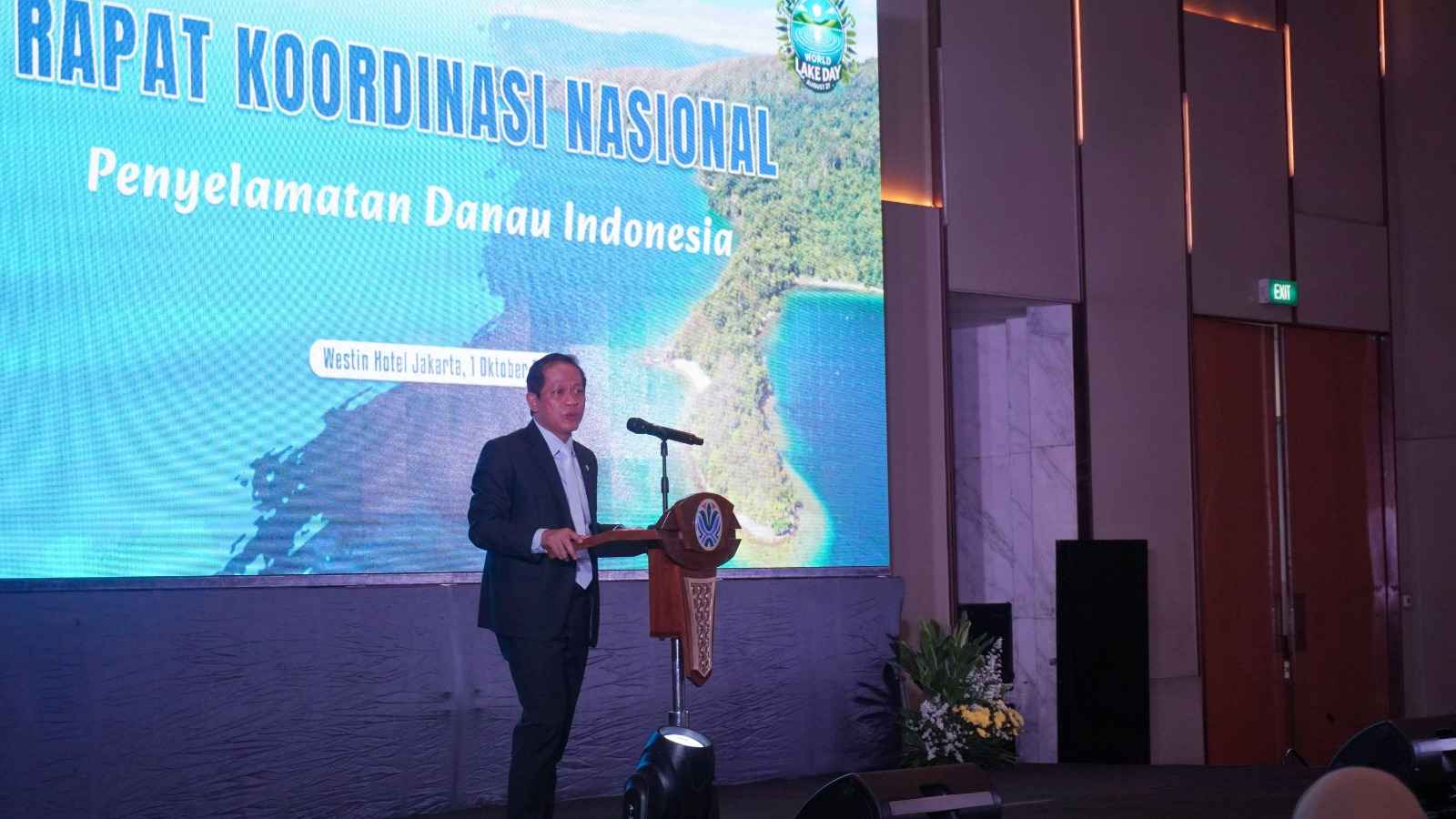Enviro News Asia, Jakarta – Indonesia has reaffirmed its global leadership in the fight against plastic pollution.
Minister of Environment/Head of the Environmental Control Agency (KLH/BPLH), Hanif Faisol Nurofiq, confirmed that concrete steps will continue to be taken despite the failure of the fifth session, part two, of the Intergovernmental Negotiating Committee (INC-5.2) in Geneva to reach an agreement.
The negotiations, which took place from August 5–13, 2025, resulted in two revised drafts, but the plenary session on August 15 ended without a consensus.
Several countries expressed disappointment, although all parties agreed to continue the process toward INC 5.3.
Proposed follow-up steps include focused consultations, high-level political engagement, and strengthening technical and procedural aspects to ensure the global treaty is ambitious, inclusive, and implementable.
Minister Hanif emphasized that Indonesia remains strongly committed to supporting the completion of the global agreement.
“With or without a treaty, Indonesia will continue to take concrete, planned, and measurable steps to stop plastic pollution,” Minister Hanif Faisol Nurofiq stated in an official release from the Ministry of Environment.
The government is targeting 100% waste management, including plastic waste, by 2029, in line with directives from President Prabowo Subianto.
During INC 5.2, Indonesia highlighted several priorities: eliminating problematic plastics and hazardous chemicals, implementing sustainable product design (durable, reusable, and recyclable), promoting a circular economy, strengthening sustainable waste management from upstream to downstream, preventing plastic leakage throughout its life cycle, and conducting remediation and ecosystem restoration from plastic pollution.
To accelerate the agreement process, Indonesia proposed clustering the treaty discussions into specific themes and suggested considering a Framework Convention approach if full consensus proves difficult to achieve.
Indonesia also stressed that decision-making must remain consensus-based rather than through voting to ensure inclusiveness.
Support in the form of funding, technology transfer, and capacity building from developed countries was also emphasized as key to enabling all nations to meet their treaty obligations.
At the national level, Indonesia is undergoing a major transformation in waste management.
Currently, there are 250 Integrated Waste Processing Sites (TPST), 42,033 Reduce-Reuse-Recycle Waste Processing Facilities (TPS3R), as well as modern facilities such as biodigesters, Refuse-Derived Fuel (RDF) plants, and Waste-to-Energy (WTE) power plants operating in 33 major cities.
Additionally, 343 open dumping sites (TPA) are being converted into sanitary landfills.
This initiative is expected to require an investment of IDR 300 trillion and is open to private sector participation through a pentahelix approach.
The pentahelix collaboration model involves synergy among five elements—government, academia, businesses, communities, and the media—to safeguard the environment and biodiversity.
With strong regulatory support, scientific knowledge, sustainable investment, public participation, and media engagement, sustainable waste management solutions will become more effective and have a tangible impact on public welfare and a greener environment.
“Delaying the end of plastic pollution will only worsen contamination, endanger public health, and increase economic burdens. Only through unity, cooperation, and shared responsibility can we realize an effective and inclusive agreement,” concluded Minister Hanif. (*)




